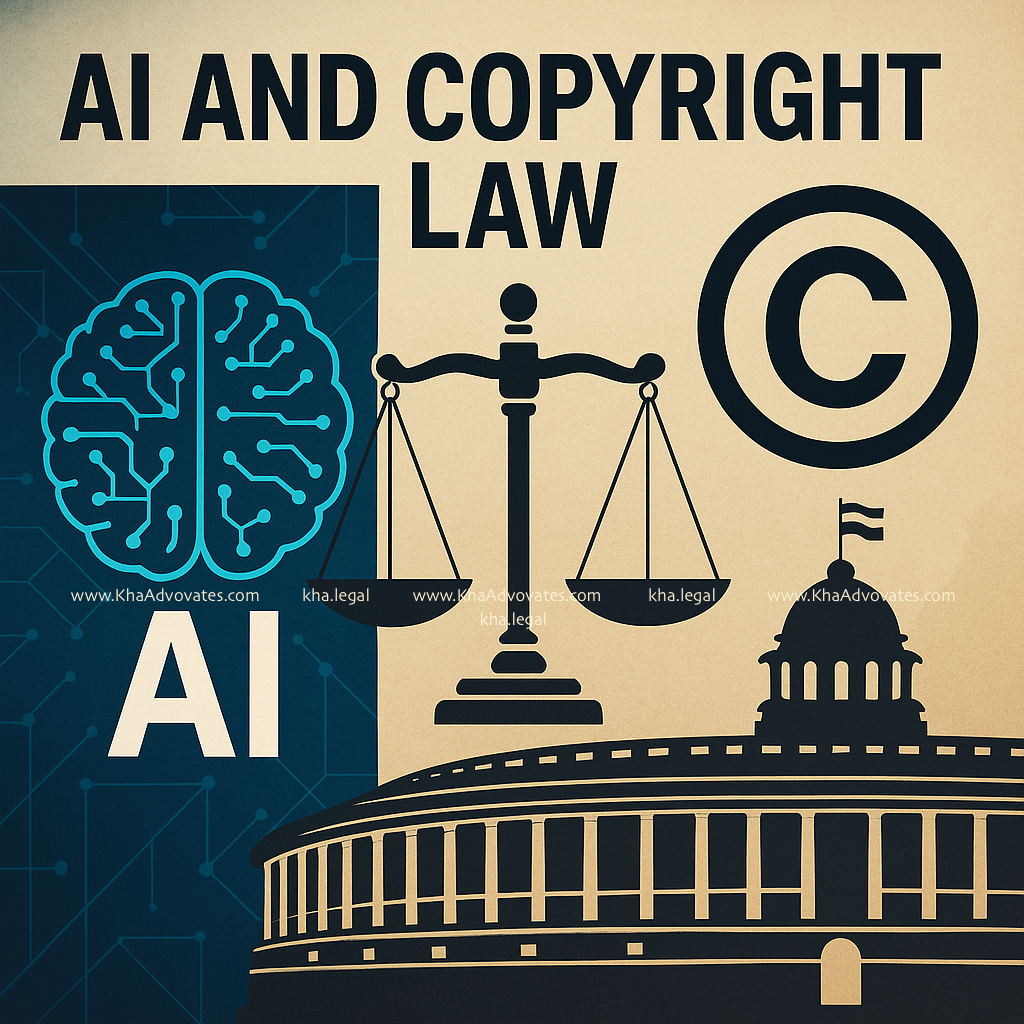
Published on: May 17, 2025 Author: ,
As artificial intelligence continues to reshape industries, it’s also prompting a major reassessment of existing copyright laws. The ongoing OpenAI copyright dispute in the United States has reignited global conversations about the legal boundaries of AI-generated content. India, too, is facing mounting pressure to re-evaluate its copyright framework to address the growing influence of AI in content creation, data usage, and intellectual property (IP) rights.
The legal storm surrounding OpenAI primarily concerns how large language models (LLMs), such as ChatGPT, are trained using massive datasets—including copyrighted materials scraped from the internet. News publishers, authors, and digital platforms have raised concerns that AI companies may be violating copyright laws by using their work without consent or compensation. This has led to multiple lawsuits questioning the legality of AI training data and whether AI-generated outputs can infringe on original works.
India’s Copyright Act, 1957 does not yet explicitly address issues around AI-generated content or machine learning datasets. The law recognises authorship in terms of human creativity, leaving a legal vacuum when it comes to non-human creators. Key concerns emerging in the Indian context include:
• Ownership of AI-generated content
• Fair use of copyrighted data for AI training
• Accountability for copyright infringement by AI systems
• Moral rights and attribution in the age of automation
With AI tools being widely adopted in India across media, law, education, and business, these gaps in legal clarity present significant risks for creators and developers alike.
As the OpenAI copyright dispute evolves in the U.S., Indian lawmakers and courts are closely watching international legal trends. The European Union’s AI Act and ongoing litigation in U.S. federal courts offer precedents that could shape India’s legislative responses.
India’s Ministry of Electronics and Information Technology (MeitY), along with the Department for Promotion of Industry and Internal Trade (DPIIT), are reportedly reviewing existing IPR and technology frameworks. There is also a growing call from the legal community for new legislation or judicial interpretation that can define:
• Who holds copyright over AI-generated works
• What constitutes “fair use” in training datasets
• Liability frameworks for AI developers and users
As India aspires to be a global AI powerhouse, it must strike a balance between fostering innovation and protecting intellectual property rights. Legal clarity is crucial to attract AI investment while respecting the rights of content creators, researchers, and publishers.
